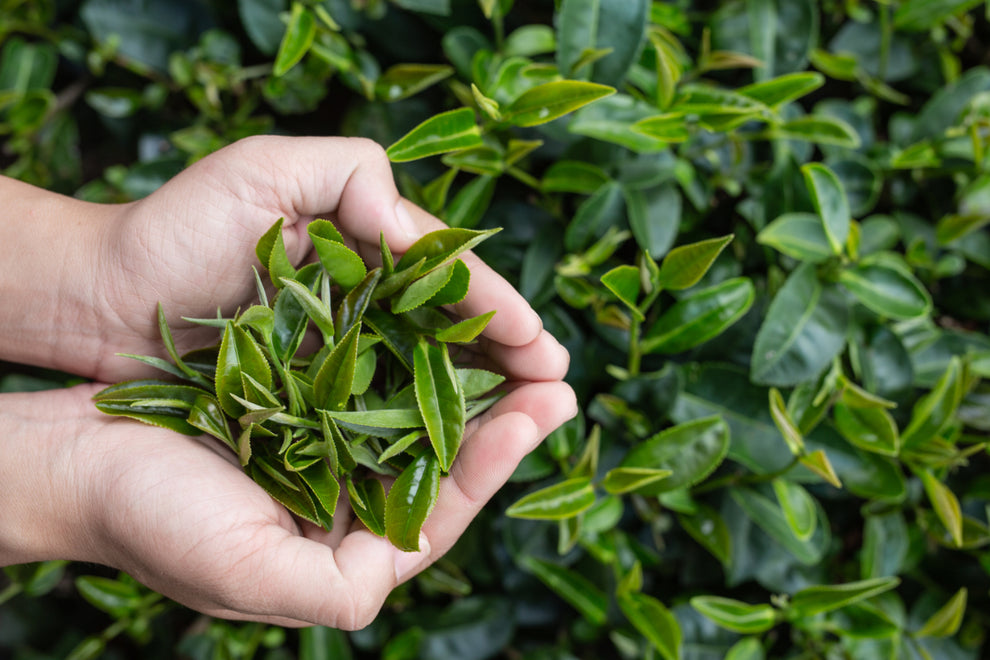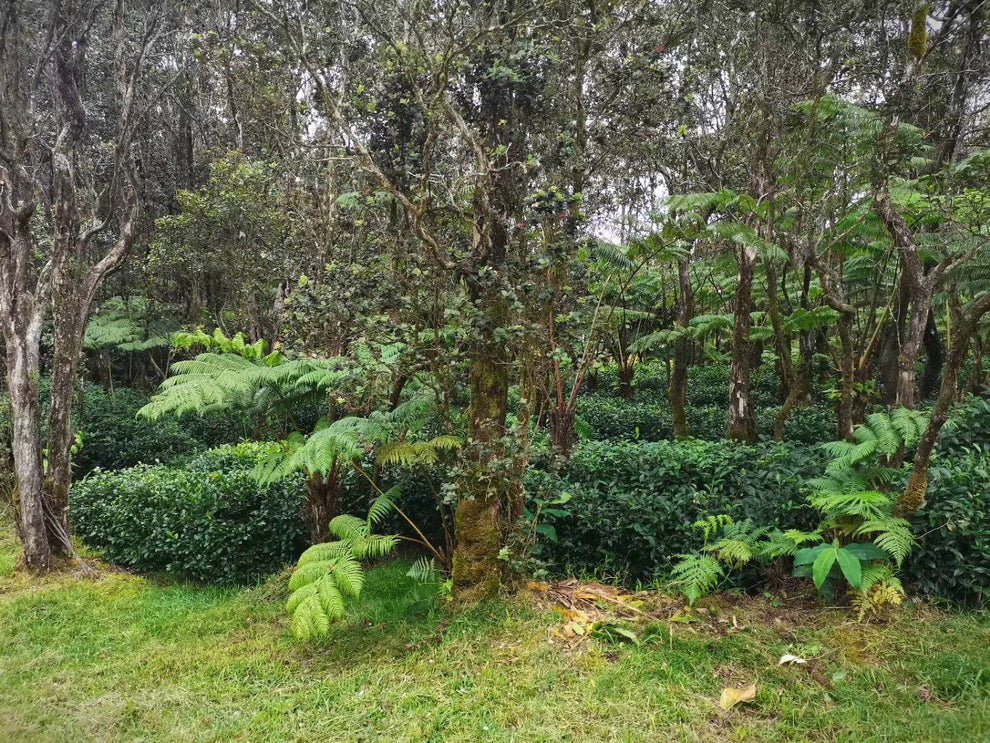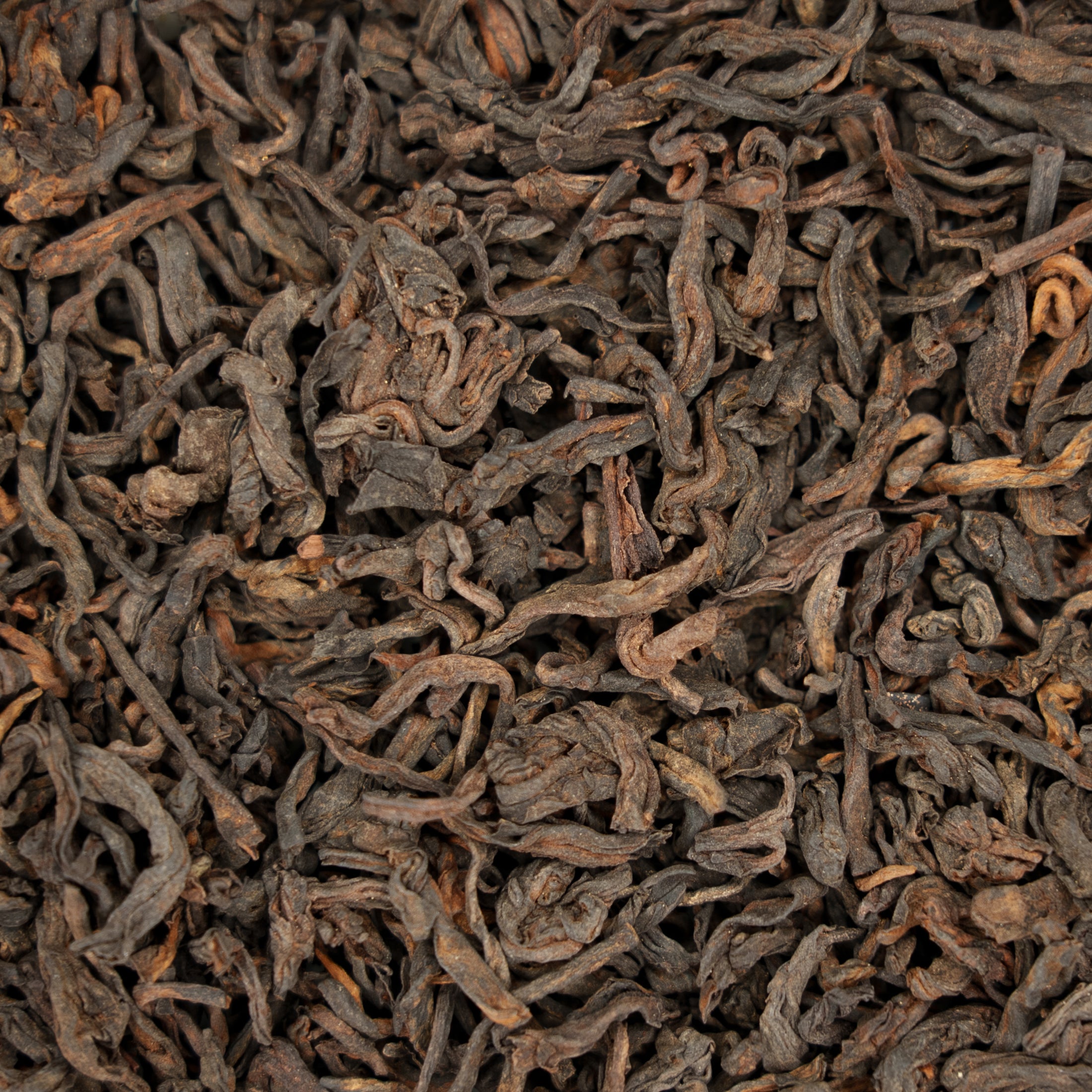Liu Bao as the Origins of Way
Liu Bao is recorded as one of the oldest post-fermented tea processes still in use. While Pu-erh is often credited as China’s most famous post-fermented tea, Liu Bao is actually older and served as a predecessor to the production techniques that influenced modern Pu-erh. Liu Bao’s wet-piling method was an early example of controlled fermentation, influencing how other dark teas are made today.
Coined the “Coolie Tea”
Malaysia plays an important role in the history and character of Liu Bao tea. In the 19th century, Chinese immigrants brought Liu Bao tea to Malaysia, especially to regions with humid climates. Liu Bao tea was historically popular among these Chinese laborers (often called "coolies") who worked in the hot and humid climates of Southeast Asia, especially those working in the perilous conditions of the tin mines in Malaysia. Workers there valued it not only for its flavor but also for its reputation as a “damp-dispelling” tea. They believed it helped them stay healthy under the challenging working conditions and high humidity.
As well, Malaysia has been a major aging and storage location for this tea since that time. It was found that the high humidity there was ideal for aging the tea. The long-term storage of Liu Bao in Malaysia’s warm, moist conditions has created a distinct "Malaysian storage" profile, valued for its deep, earthy flavors and smooth mouthfeel.
Aged Malaysian Liu Bao is particularly prized for its mellow, “damp-dispelling” qualities and is said to develop a uniquely rich, almost medicinal aroma over time. The tea's popularity grew among Chinese-Malaysian communities, who used it as a digestive aid and tonic in humid environments, reinforcing its reputation in Chinese culture as a tea that helps balance excess moisture.
Additional Benefits to Drinking Liu Bao
Liu Bao tea is often regarded as beneficial for digestion, largely due to its post-fermented nature. The fermentation process in teas like Liu Bao promotes the development of microorganisms and compounds that can have positive effects on the digestive system.
Some of the reasons Liu Bao is considered especially good for digestion include:
1. Microbial Activity: The microbial fermentation in Liu Bao generates beneficial bacteria and enzymes that may support gut health. Similar to fermented foods, this can aid digestion by contributing to a balanced gut microbiome, which is essential for efficient digestion and nutrient absorption.
2. Polyphenols and Theaflavins: Liu Bao tea is rich in polyphenols, including catechins and theaflavins, which are known to aid digestion. These compounds have been found to stimulate the production of digestive enzymes, improve fat metabolism, and help break down foods more efficiently. Additionally, they can act as mild anti-inflammatory agents, soothing the digestive tract.
3. Reduced Caffeine and Mild Acidity: Because it’s aged and has a relatively low caffeine content compared to other types of teas, Liu Bao is generally gentle on the stomach, making it less likely to cause acidity issues. This quality makes it suitable for drinking even after meals, which is common in some parts of China where it's traditionally used as a "digestive tea."
4. Traditional Use and Anecdotal Evidence: In China, Liu Bao tea has long been valued for its warming and comforting properties, often associated with promoting digestion, reducing bloating, and aiding in fat digestion after heavy meals.
While research is still expanding on the full scope of health benefits from fermented teas, Liu Bao's unique composition and traditional reputation make it a popular choice for supporting digestive health in Asia.
Dispeling Dampness
Liu Bao tea is traditionally thought to help "dispel dampness" or reduce excess moisture in the body, according to principles in Traditional Chinese Medicine (TCM). In TCM, the concept of “dampness” (湿, shī) refers to an internal condition that can result from factors like a humid environment, heavy or greasy foods, or an imbalance in digestive function. Dampness is often linked with symptoms like bloating, fatigue, water retention, and sluggish digestion.
The "damp-dispelling" properties of Liu Bao are attributed to its warming and drying characteristics, which come from both its fermentation and roasting processes. Here’s how it is believed to work:
1. Warming Nature: Liu Bao tea, being fermented and oxidized, is categorized as a "warming" tea in TCM. Warming teas are said to help counteract internal dampness by supporting the body's metabolic functions, thus assisting with circulation and fluid balance. Drinking warming teas can theoretically help "dry" excessive internal moisture, relieving sensations of bloating and heaviness that are common with dampness.
2. Support for the Spleen and Stomach: In TCM, the spleen and stomach are viewed as central to digestion and the processing of fluids in the body. Liu Bao’s warming and soothing qualities are thought to “strengthen the spleen,” which, in TCM theory, helps manage moisture levels. When the spleen is “strong,” it can more effectively transport and transform fluids, preventing accumulation.
3. Mild Diuretic Effect: Like other dark teas, Liu Bao is believed to have a slight diuretic effect, which can help reduce water retention by gently promoting urination. This effect aligns with its damp-dispelling reputation in TCM.
These qualities make Liu Bao a popular choice in regions of China and Southeast Asia with humid climates, where managing excess moisture is a health focus.
In Traditional Chinese Medicine, Liu Bao tea is not only believed to aid digestion and dispel dampness but is also thought to "warm the stomach" and provide a calming effect on the mind. This makes it popular not just for its flavor but also as a “health tea” for people seeking digestive and mental benefits .








